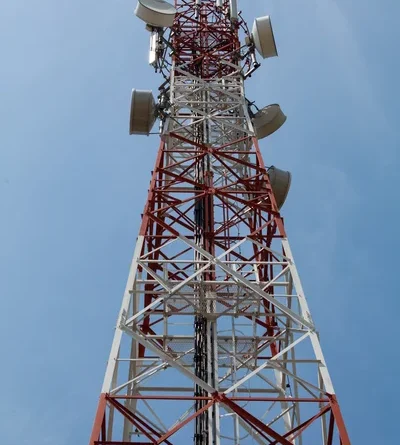Omokri says MTN monopoly not good for economy
By Guardian Nigeria
Former Presidential spokesperson and bestselling author, Reno Omokri, has slammed telecommunication giant MTN of “exploitative practices…multiple sub-Saharan countries.”
According to Omokri in a short documentary, “the exposé traced the economic malaise now afflicting the Ghanaian economy partly to the monopolistic policies of MTN, which had led to an unprecedented capital flight from that beleaguered West African nation.”
The expose‘ further averred thus: “Last year, Ghana was forced to label MTN a monopoly and slammed heavy fines of $773 million on them for monopolising the Ghanaian business environment. MTN went to court, but in October, it was defeated at the Appeals Court, which ruled that the Ghanaian government was right in its classification of MTN.”
In the documentary, Omokri said he interviewed Ghanaian government officials, chambers of commerce operatives, and labour union activists, as well as market women and ordinary Ghanaians.
According to the interview, “ordinary Ghanaians were observed lamenting the erosion of their personal economy by MTN, with a market woman saying, ‘All of us in this country now work for MTN’.”
“Labour leaders complained about MTN’s use of interconnectivity rates to stifle other telcos, forcing the government of Ghana to slam a fine of $773 million on MTN. MTN responded by suing the Ghanaian government but lost in court.”
“In the documentary, Kevin Ekow Taylor, one of the most prominent journalists in Ghana, had this to say about MTN’s monopolistic practices in Ghana:
“‘MTN is basically monopolising the system. They have taken advantage of the market too much. It is all because government upon government have given MTN too much room to cheat the Ghanaian.’”
“Every day, an estimated $2 million leaves the Ghanaian economy to South Africa, MTN’s home country. That is disastrous for a country with a GDP of less than $80 billion.”
Omokri also travelled to Kenya and interviewed a well-known Kenyan activist, Bishop Wycliffe Khaemba, who said as follows:
“The type of things that are happening in Nigeria and Ghana in the telecoms sector can’t happen in Kenya, because our government is alive to its responsibilities.”
He was referring to Kenya’s Information and Communications Act (Interconnection). This legislation is light years ahead of similar legislation in other African nations.
The Kenyan legislation specifically targets preventing a monopoly in the telecommunications industry by requiring “dominant providers to adhere to the principle of non-discrimination. A dominant interconnection provider is obligated to determine the interconnection charges based on objective criteria and to observe the principles of transparency and cost orientation. Failure to comply will result in the CA requesting the interconnection provider to adjust the charges or risk the imposition of a default interconnection charge by the CA.”
Omokri’s documentary, which has since gone viral, features a prominent U.S. Mayor, Mike Arnold, the elected mayor of Blanco, Texas, who urged Nigeria and Ghana to look inwards, rather than outward to foreign goods and services, especially in the telecommunications sector.”


